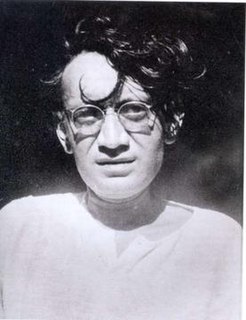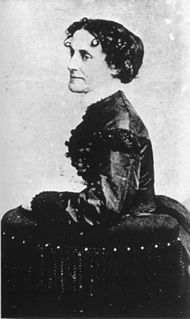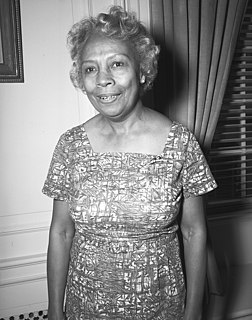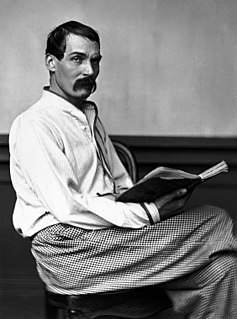A Quote by Jurnee Smollett
I read slave narratives, books like Bullwhip Days, Incidents in the Life of a Slave Girl. [The Root's chairman] Henry Louis Gates has an amazing documentary called Many Rivers to Cross - really, his whole writings; he's such a wealth of knowledge.
Related Quotes
They did laugh; they did fall in love. And while they were under incredibly oppressive conditions, they constantly were trying to steal pleasures. When you go back to the slave narratives, and you read books like the 'Bullwhip Days' or 'Incidents in the Life of the Slave Girl,' they will share what life was like, and it's a 365-degree view.
Like the amazing story of Anthony Johnson. This man was a slave, then became free, accumulated 250 acres, and even had his own slave, a black man who took him to court in Virginia in 1654.That man argued that he should be freed like an indentured servant. But Johnson, who we believe was a pure African from Angola, said, "No way, you're my slave." And the court agreed.
All you have to do is go back to slavery - days, and there were two types of slaves, the house slave and the field slave. The house slave was the one who believed in the master, who had confidence in the master and usually was very friendly with the master. And usually he was also used by the master to try and keep the other slaves pacified.

































